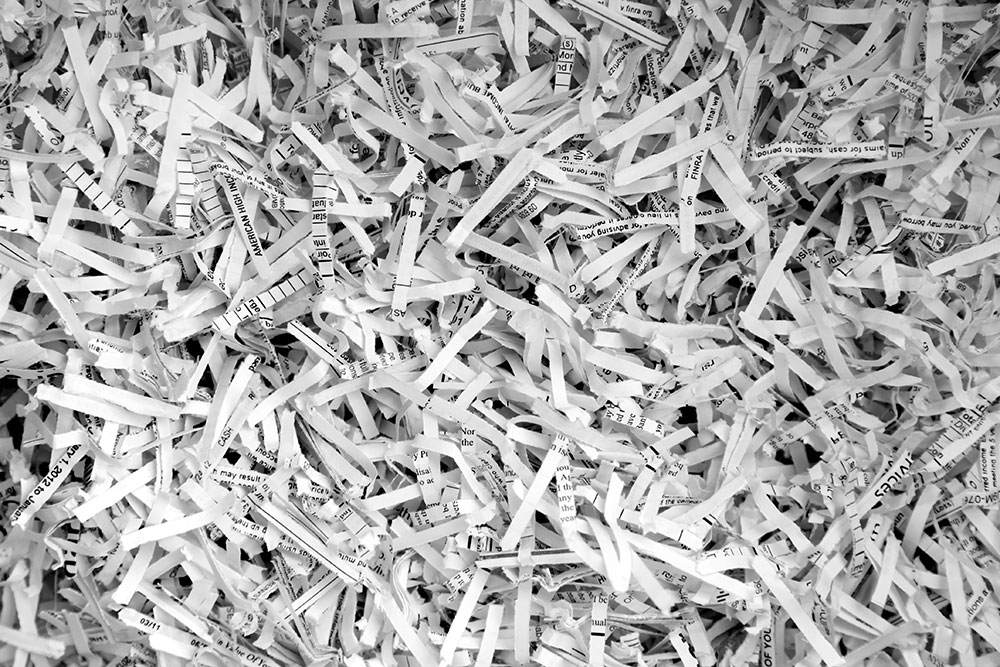This article was originally published on: https://www.consumer.ftc.gov/
 Is your home a pack rat’s paradise? You’re not alone. As you start spring cleaning, are you wondering what to keep and what to shred? We’ve looked at experts’ advice and compiled this summary of how long they recommend keeping certain documents. Put our handy graphic near your shredder as a guide.
Is your home a pack rat’s paradise? You’re not alone. As you start spring cleaning, are you wondering what to keep and what to shred? We’ve looked at experts’ advice and compiled this summary of how long they recommend keeping certain documents. Put our handy graphic near your shredder as a guide.
Save forever
Keep documents related to major life events – birth, marriage, divorce, and death. Lock securely:
- Birth certificates or adoption papers
- Social Security cards
- Citizenship papers or passports
- Marriage or divorce decrees
- Death certificates of family members
Also, keep auto titles and home deeds stored safely for as long as you own the property.
Tax records
This time of year, the big question is: what tax records can you shred, and when can you shred them?
- Tax returns – Our conservative advice? It’s best to keep these forever.
- Pay stubs – Shred ’em after checking them against your W-2.
- Home improvement receipts – Keep these receipts until you sell your home, since certain expenses may reduce your capital gains tax.
- Other tax records – like tax-related receipts and cancelled checks – Wait seven years before shredding. Why? While the IRS usually has three years to audit you, it has up to seven years under certain circumstances. (If you file a fraudulent return, then the IRS can audit at any time – but for the average honest taxpayer, seven years works.)
If you’re unsure what tax records to keep, consult an accountant or call IRS Taxpayer Assistance at 800-829-1040.
Other records
Most experts suggest that you can shred many other documents sooner than seven years. After paying credit card or utility bills, shred them immediately. Also, shred sales receipts, unless related to warranties, taxes, or insurance. After one year, shred bank statements, pay stubs, and medical bills (unless you have an unresolved insurance dispute).
For those who are thinking, maybe I should keep everything, just in case. . . remember that identity thieves can’t find documents you have destroyed. Destroying documents with your personal information reduces the likelihood of becoming an identity theft victim.
Shredding is just one way to reduce the risk of identity theft. For other tips on preventing identity theft, visit ftc.gov/idtheft.

